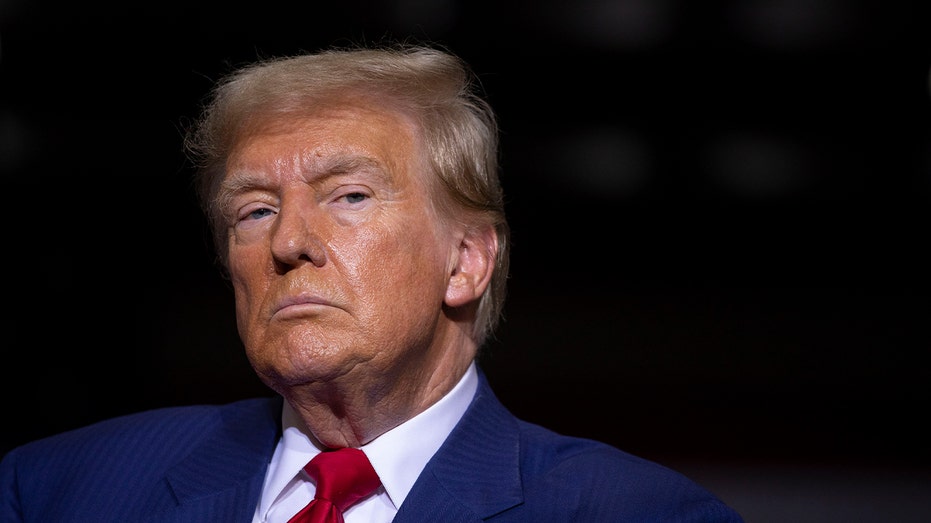The Politics of Shamelessness: How Trump and Party Loyalty Erode Ethical Standards
Trump's latest moves—from TikTok flip-flops to contentious pardons—underscore his relentless, strategic recalibrations in the political game.

Every politician, regardless of party or ideology, must navigate the treacherous winds of shifting public opinion and partisan demands. Shamelessness often seems to be an unspoken prerequisite for the job. When their positions change—sometimes abruptly—politicians tend to offer explanations that strain credulity, knowing full well that the public is watching with a skeptical eye.
Often, these flip-flops are justified as responses to evolving national moods or party pressures. At other times, donor influence or electoral expedience drives a change in stance, resulting in explanations that sometimes border on the absurd. Yet, politicians press on, keeping their expressions neutral, rarely acknowledging the realpolitik calculations beneath their decisions.
One recent example lies in the evolving approach to tech regulation. Former President Donald Trump, who previously sought to ban TikTok citing national security concerns, reversed his position amid a congressional push to outlaw the popular app. Trump later explained the U-turn by positioning Facebook as a greater threat, but observers noted that TikTok’s popularity—especially among young voters—likely played a significant role in his about-face.
The willingness to swiftly swerve, backpedal, or even directly contradict past statements has become a hallmark of modern political survival. Trump exemplifies this in national politics, often pivoting from one position to its opposite without hesitation. Whether it’s offering sympathy after a personal diagnosis or shifting blame in international affairs, he rarely appears constrained by yesterday’s rhetoric. This agility, some analysts argue, actually reassures certain voters. For swing constituencies, the sense that extreme policy stances are merely provisional, subject to reversal at any moment, can carry its own appeal.
Such flexibility recalls the infamous admission by John Kerry during the 2004 presidential race: “I actually did vote for the $87 billion before I voted against it.” Once seized upon as the ultimate evidence of flip-flopping, such reversals may now be more accepted—or at least expected—from high-profile politicians.
Public reaction to these shifts, however, reveals a stark double standard. When Trump issued a symbolic pardon to notorious Chicago gang leader Larry Hoover—a gesture that left Hoover incarcerated on state charges—there was minimal outcry. Had President Joe Biden granted a similar pardon, critics would likely have erupted in outrage, framing the act as a disregard for victims and justice. Conversely, when Biden broke his repeated promise not to pardon his son Hunter, the story dominated headlines and fueled accusations of hypocrisy.
These instances highlight how partisanship increasingly colors perceptions of political maneuvering. Actions that spark furor when undertaken by one party may pass largely unnoticed when performed by the other. At the same time, politicians’ carefully crafted justifications—no matter how implausible—are delivered with a practiced confidence that has become second nature to those operating at the highest levels of power.
Compounding this dynamic is the absence of a singular, forceful Democratic spokesperson capable of matching Trump’s media presence. While figures like Alexandria Ocasio-Cortez maintain active social media followings, they have yet to assume national leadership roles. Other prominent Democrats, such as Tim Walz, Hakeem Jeffries, and Chuck Schumer, have struggled to break through and command nationwide attention.
In the end, political shamelessness is less a liability than a survival mechanism in today’s climate. The capacity to pivot, justify, and move forward unburdened by yesterday’s statements shapes both the fortunes of individual politicians and the broader narrative of American politics. In this atmosphere, the ability to embrace contradiction—and do so unapologetically—has become its own kind of political asset.




